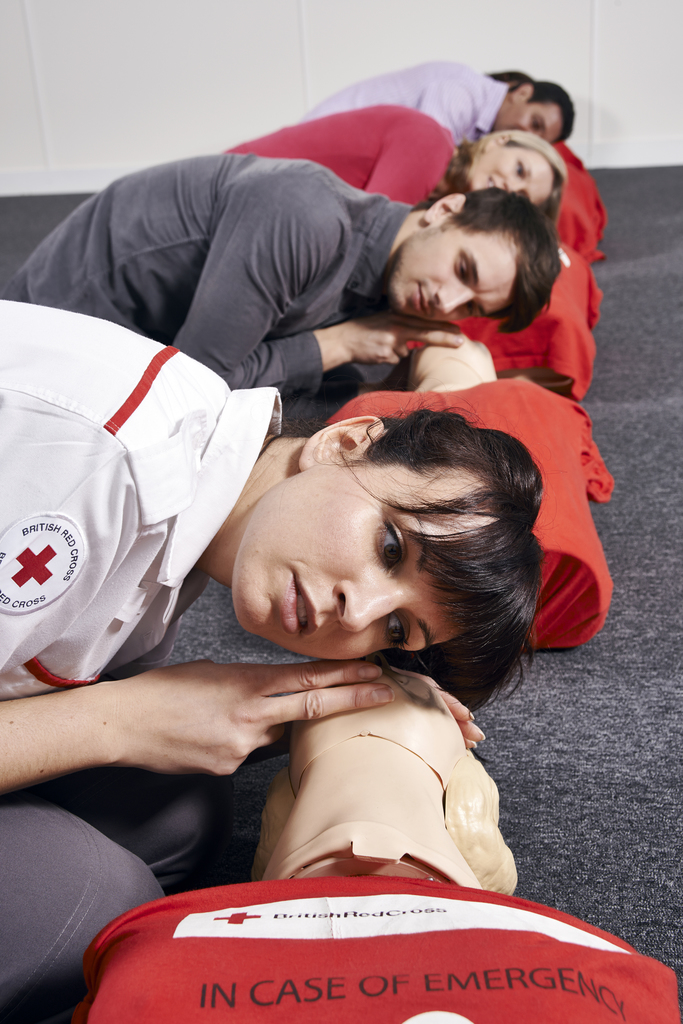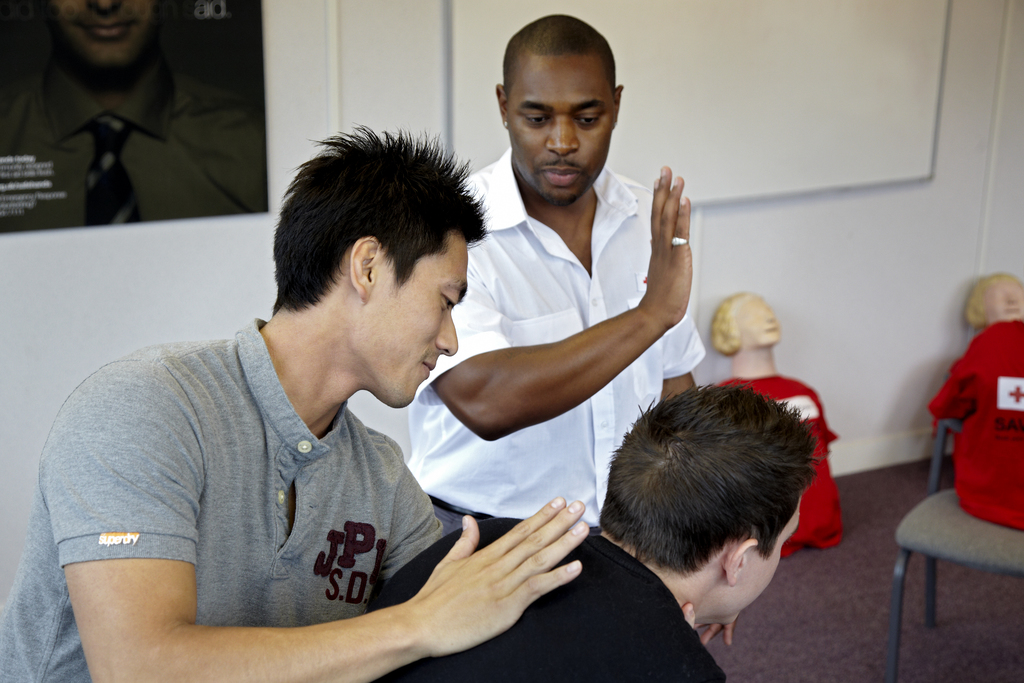We asked Paul Stoddart, British Red Cross B2B marketing manager for workplace first aid training, who commented: "Whenever there is a change to health and safety law like this, the concern is that anyone viewing changes to the first aid training market could conclude that first aid has now somehow become less important or less serious. We would caution against this as first aid skills can help to save lives and prevent minor accidents and illnesses becoming more serious.
"While we support the freedom of choice for employers this does not remove risk or accountability for workplace accidents and employers are still required by law to provide trained first aiders based on their own needs assessment. But some employers may not consider themselves experts in ensuring that the standard of first aid training is sufficient, particularly as they face an increased responsibility to ensure the standards and quality of training provider they choose.
"Reassuringly, employers do take their responsibilities seriously and this helps to explain why the UK currently enjoys a much better health and safety record than other European countries. The recent figures from the Health and Safety Executive suggest that, in 2013/14, the number of non-fatal workplace related injuries decreased to 77,593 from 80,368 in 2012/13.* While this is encouraging news, it's important to remember that an accident or sudden illness can happen at any time.
"At the Red Cross, we train in excess of 130,000 workplace first aiders every year and, even with changes to the regulations, employers are increasingly putting greater emphasis on the quality of first aid training that their employees receive and the reputation of the training provider that they use.
"The first aid training industry is continually looking at its approaches to learning first aid to help to maintain the confidence and willingness of first aiders to use their skills to act after they have completed their training. It’s important to remember that not only may you need to use your first aid skills on a colleague but also on a loved one, a friend, neighbour or member of the public.
"Red Cross course attendee, Christopher James Shaw, added: "After attending a First Aid Refresher course in Liverpool, I was shocked at how much I had generally forgotten. However after completing the course with Gwen, I felt confident that I could confidently provide life-saving care if I were presented with an emergency.
"Unfortunately shortly after my training I was faced with a situation at a roundabout where a gentleman had been struck by a vehicle, and the only other attendee at the scene was the person driving the vehicle who was suffering from shock. I dealt with the situation by recognising the injuries that the gentleman had sustained including heavy concussion; I then managed the scene until the emergency services arrived. Thanks to Gwen, I had fresh knowledge at hand for a situation, which shows that you never know when you will need your skills!"
Stoddart concluded: "As first aid training providers it is down to us to adapt to the new environment and ensure we are providing the right education to match the needs of employers. That means we have to be more flexible and smarter in the way we educate and utilise all the technology at our disposal. The Red Cross has used its years of expertise to develop a range of support and teaching options that improve the effectiveness, relevancy and accessibility of first aid learning. These include an interactive tool for companies to decide how many staff to train and select the right course for them. We also offer a unique online community, Safe Hands, which provides instant access to up-to-date information on first aid tips and continued learning opportunities for first aiders who have attended our courses. Over a million people have already downloaded our first aid app which literally puts lifesaving information at people’s fingertips.”




